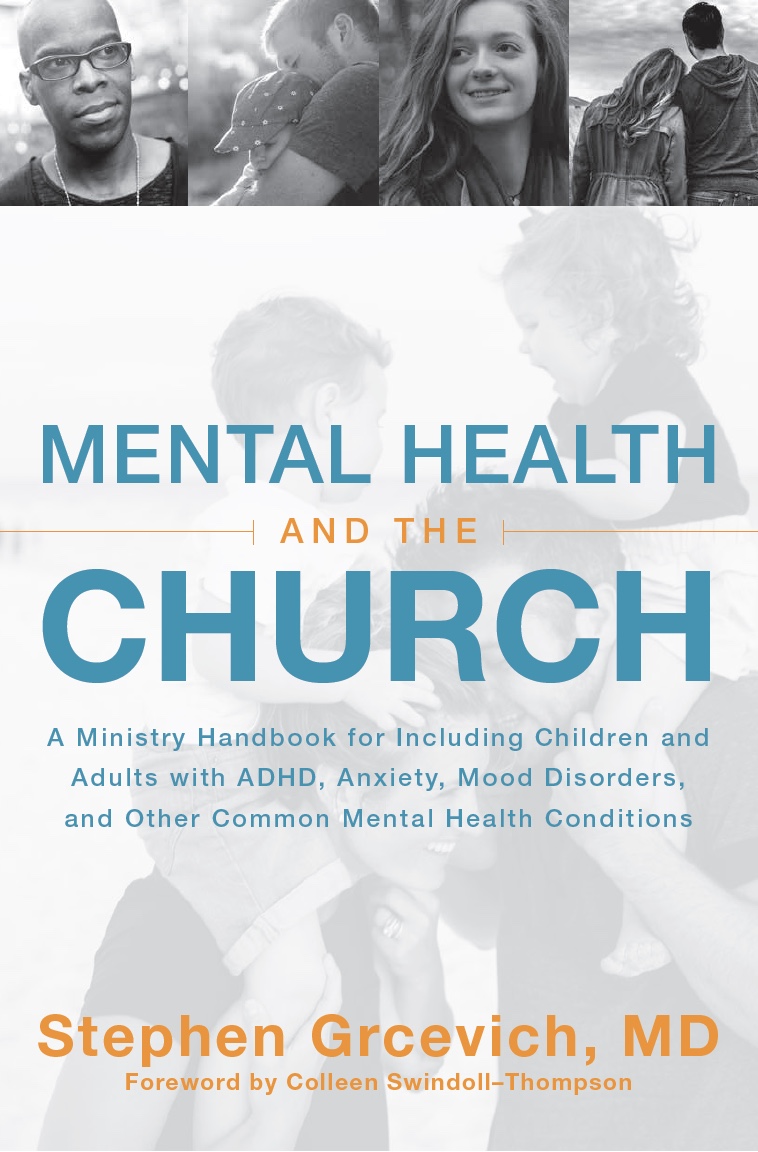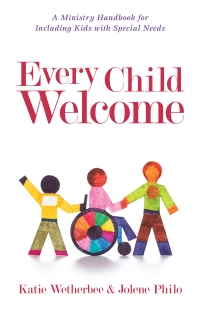No church will be able to do everything to reach families of kids with disabilities, but every church can do something.
When we launched Key Ministry over ten years ago, our team was very much of the mindset that assisting in the development of identifiable disability ministry programs was a desired outcome of ours. I was perusing the notes from one of our early strategic planning meetings in which we discussed the concept of developing criteria for “gold,” “silver” and “bronze” churches based upon the breadth and depth of services available to kids with disabilities and their families.
Several years into our ministry adventures, I was attending a disability ministry conference when several leaders from other ministry organizations were lamenting the lack of interest in launching new disability ministries, especially among the largest churches experiencing the most rapid growth. Many of these churches seemed to be the ones with great passion for reaching people with little or no connection to church…precisely our target population.
We have to be careful to not bash or blame churches for not being able to meet every single need of every single believer or “unchurched” family in the communities they serve. In the same way that each of us as individuals have been given different passions, gifts and talents to use in the service of God’s Kingdom, it would seem that different churches have been given unique missions and callings that complement one another in meeting the needs of the people. For lots of churches these days, the establishment of new “programs” to serve kids with disabilities and their families wouldn’t work in the organizational culture established by the church leadership. It would be presumptuous of us to think that we have a “one size fits all” solution for all churches. There are also lots of churches that don’t “do programs” that offer great teaching and resources that families of kids with disabilities would enjoy. We’d certainly want to help make those connections. Our job is to partner with churches in developing strategies that will help them to connect with more kids and more families in ways consistent with the church’s culture.
We’re aware of churches that have stopped doing respite events but actively encourage families within the church to provide free, home-based respite care to families impacted by disabilities. Some churches lack a formal “disability” ministry but do great work in promoting involvement in special needs adoption or foster care. The expectation of having to establish a “program” is a potential deterrent to smaller churches with the mindset to care for those they come in contact with. When I think about families served through our practice, some of our most challenging kids who are able to attend church attend those with no formal disability ministry.
If the “win” occurs every time a kid with a disability and/or their family meaningfully connect with a local church, every church…not just those with established disability ministries…can always do a little bit more in the course of doing the ministry they do to promote “wins.”
One of the values our ministry espouses is being relational. While we’re happy to send you or your church resources or train you to establish a disability ministry, we’re also happy to offer Rebecca, Katie and Harmony (the three better looking team members on your left in the picture at the top of the blog) to churches of any size when a kid or a family comes through your doors presenting challenges you’ve never faced before.
Your church doesn’t have to have a disability ministry to “do” disability ministry.
Updated May 2, 2013
***********************************************************************************************************
Key Ministry’s mission is to help churches reach families affected by disability by providing FREE resources to pastors, volunteers, and individuals who wish to create an inclusive ministry environment. We have designed our Key Catalog to create fun opportunities for our ministry supporters to join in our mission through supporting a variety of gift options. Click here to check it out! For a sixty second summary of what Key Ministry does, watch the video below…






Pingback: Is it OK for churches to NOT have an identified disability ministry … « Better Disability
This might sound odd coming from a person with a disability, but I would actually rather not have an identified disability ministry. Having an identified disability ministry is certainly better than none at all, but I think it would be wonderful if I could feel like I belonged no matter who I interacted with. I’d be pretty excited if I could go to a potluck and ask the person next to me to help me put food on my plate without having to answer a bunch of questions about why I can’t do it myself.
LikeLike